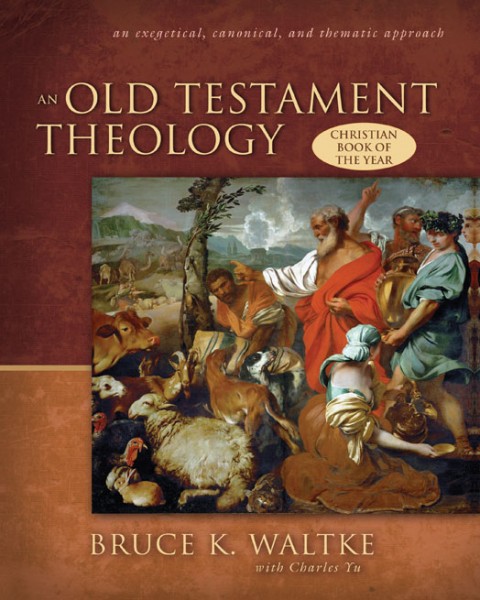
Especially strong is the book's thorough attention to major Reformed figures like John Calvin and Karl Barth and major statements of Reformed faith like the Heidelberg Catechism and the Westminster Confession. John Webster, chair of systematic theology, Department of Divinity and Religious Studies, University of Aberdeen, UK Michael Allen's account of Reformed theology admirably joins clarity with precision, accessibility with gravity, and conviction with charity. Praise for the Print Edition Clear, calm and illuminating, this book offers a loving and generous commendation of the classical Reformed tradition of doctrine and spiritual practice. Heinrich Heppe, Herman Bavinck, Karl Barth, and Rienhold Niebuhr. It engages a variety of Reformed confessional writings, as well as a number of individual theologians, Ulrich Zwingli, John Calvin, Heinrich Bullinger, Martin Bucer, Theodore Beza, John Owen, Francis Turretin, Jonathan Edwards, Friedrich Schleiermacher, Charles Hodge, William T. Reformed Theology covers eight traditional theological themes: Word of God, covenant, God and Christ, sin and grace, faith, worship, confessions and authority, and culture and eschatology. Furthermore, it attends to both revisionary and conservative trends within the Reformed tradition. In so doing, it accentuates that Reformed theology is marked by both formal (‘the always reforming church’) and material (‘the Reformed church’) interests. The book sketches the diversity of the Reformed tradition through the past five centuries even as it highlights the continuity with regard to certain theological emphases.

This book introduces Reformed theology by surveying the doctrinal concerns that have shaped its historical development.

Learn the basics of the Reformed faith and its rich history from an expert and seasoned teacher.


 0 kommentar(er)
0 kommentar(er)
